Here is list of 9 Organs that can be donated after death
Wed 06 Dec 2023, 23:14:52
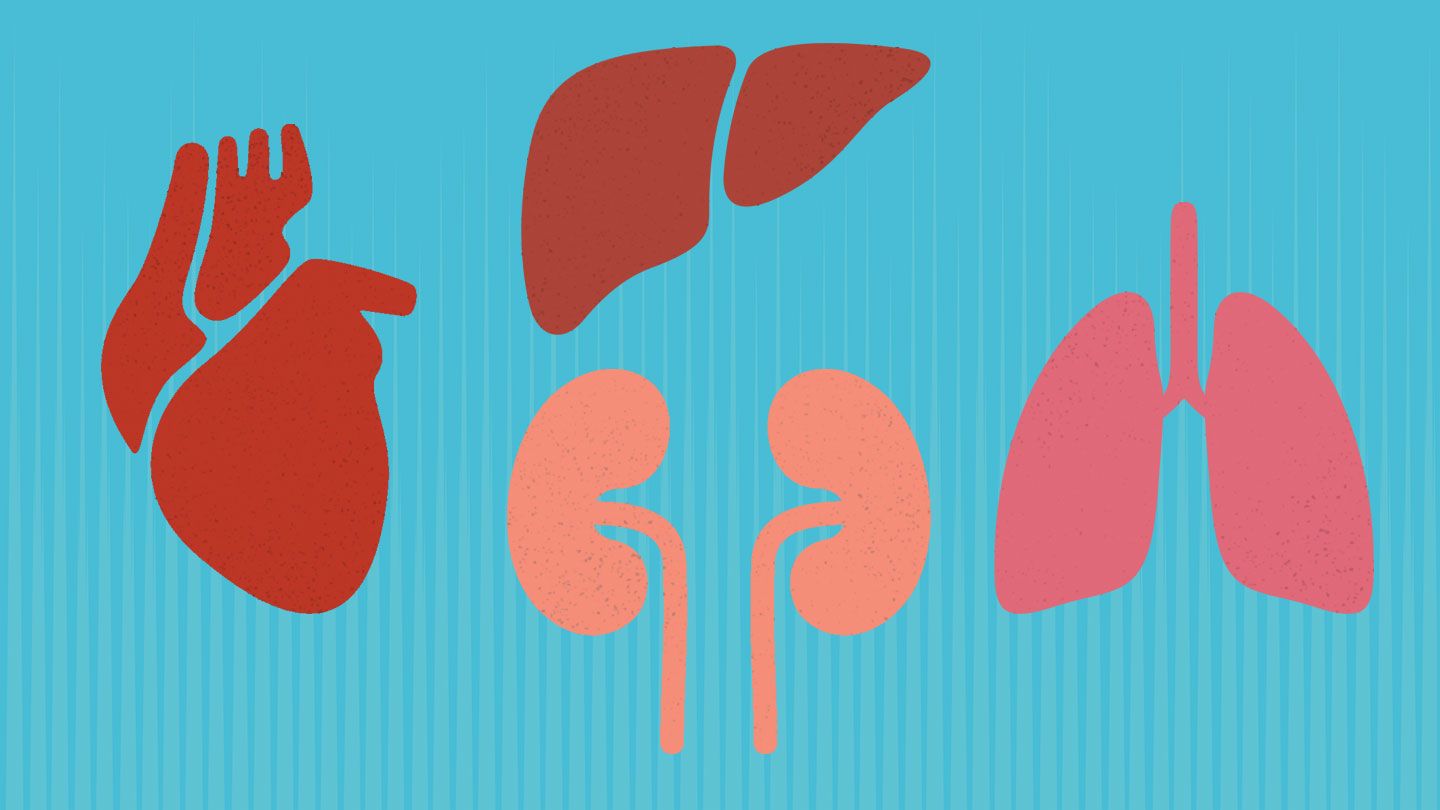
Organ donation, a profound act of generosity, holds the power to instil hope and offer a second chance at life for those grappling with life-threatening illnesses. However, in the fast-paced world of today, the significance of this benevolent act appears to be diminishing. Recently, several hospitals have been embroiled in organ donation rackets as they lure poor people to sell their kidneys to wealthy patients. While investigation into those cases is underway, we have compiled a list of nine organs that can be donated, each playing a vital role in improving the health and well-being of transplant recipients.
1. Heart: The heart plays a crucial role as the central organ in our bodies. It's responsible for pumping blood, and ensuring that oxygen and nutrients circulate throughout our system. Donating the heart can offer a new lease on life to individuals suffering from heart failure, allowing them to regain normal heart function and resume a healthier lifestyle.
2. Lungs: The lungs play a crucial role in the respiratory system, facilitating the exchange of oxygen and carbon dioxide. Deceased donors can contribute to one or both lungs, providing a life-saving opportunity for those with severe respiratory conditions such as chronic obstructive pulmonary disease (COPD) or pulmonary fibrosis.
3. Liver: The liver is a vital organ that aids in digestion, detoxification, and metabolism. Deceased donors can donate a portion of their liver, as this organ has the remarkable ability to regenerate. Liver transplantation is a critical intervention for individuals with advanced liver disease, offering them a chance for improved liver function and overall health.
4. Kidneys: Kidneys are paired organs responsible for filtering waste and excess fluids from the blood. Living donors can contribute one kidney,
while deceased donors can offer both kidneys. Kidney transplantation is a common and highly successful procedure that significantly enhances the quality of life for those suffering from kidney failure.
while deceased donors can offer both kidneys. Kidney transplantation is a common and highly successful procedure that significantly enhances the quality of life for those suffering from kidney failure.
5. Pancreas: The pancreas plays a crucial role in regulating blood sugar levels by producing insulin. Deceased donors can donate their pancreas, providing a life-changing option for individuals with diabetes. Pancreas transplantation, often performed in conjunction with kidney transplantation, helps recipients better manage their blood sugar levels.
6. Small Intestine: While less common than other organ transplants, intestinal transplantation can be a life-saving option for individuals with intestinal failure or disorders. Deceased donors can donate their small intestine, enabling recipients to absorb essential nutrients and maintain a healthy digestive system.
7. Large Intestine (Colon): The large intestine, or colon, is responsible for absorbing water and forming stool. In certain medical conditions, individuals may require a transplant of the large intestine to restore normal digestive function. Deceased donors can contribute to this organ, offering recipients an opportunity for improved gastrointestinal health.
8. Corneas: The corneas of the eyes can be donated to restore or improve vision for those with corneal diseases or damage. Corneal transplantation is a common and highly successful procedure that allows individuals to regain sight and improve their overall quality of life.
9. Skin and Tissues: In addition to vital organs, deceased people can also contribute to tissues such as skin, bones, and tendons. These donations play a crucial role in reconstructive surgeries, burn treatments, and orthopaedic procedures, benefiting individuals who require these tissues for medical interventions.
No Comments For This Post, Be first to write a Comment.
Most viewed from
Most viewed from Health
AIMIM News
Asaduddin Owaisi files nomination papers on Friday
Apr 20, 2024
Owaisi Begins Election Campaign in Hyderabad
Apr 13, 2024
Bring back Indian workers in Israel: Owaisi
Apr 13, 2024
Latest Urdu News
Most Viewed
May 26, 2020
Do you think Ruturaj Gaikwad would be a good captain for Chennai Super Kings?
Latest Videos View All
Like Us
Home
About Us
Advertise With Us
All Polls
Epaper Archives
Privacy Policy
Contact Us
Download Etemaad App
© 2024 Etemaad Daily News, All Rights Reserved.





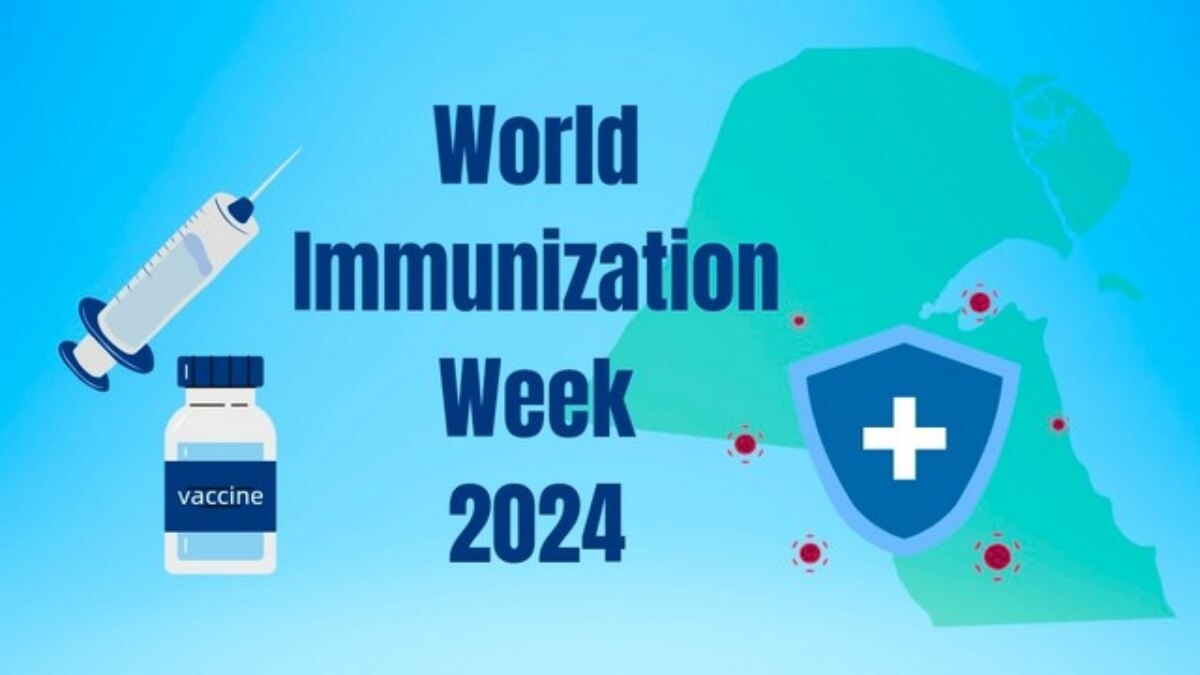
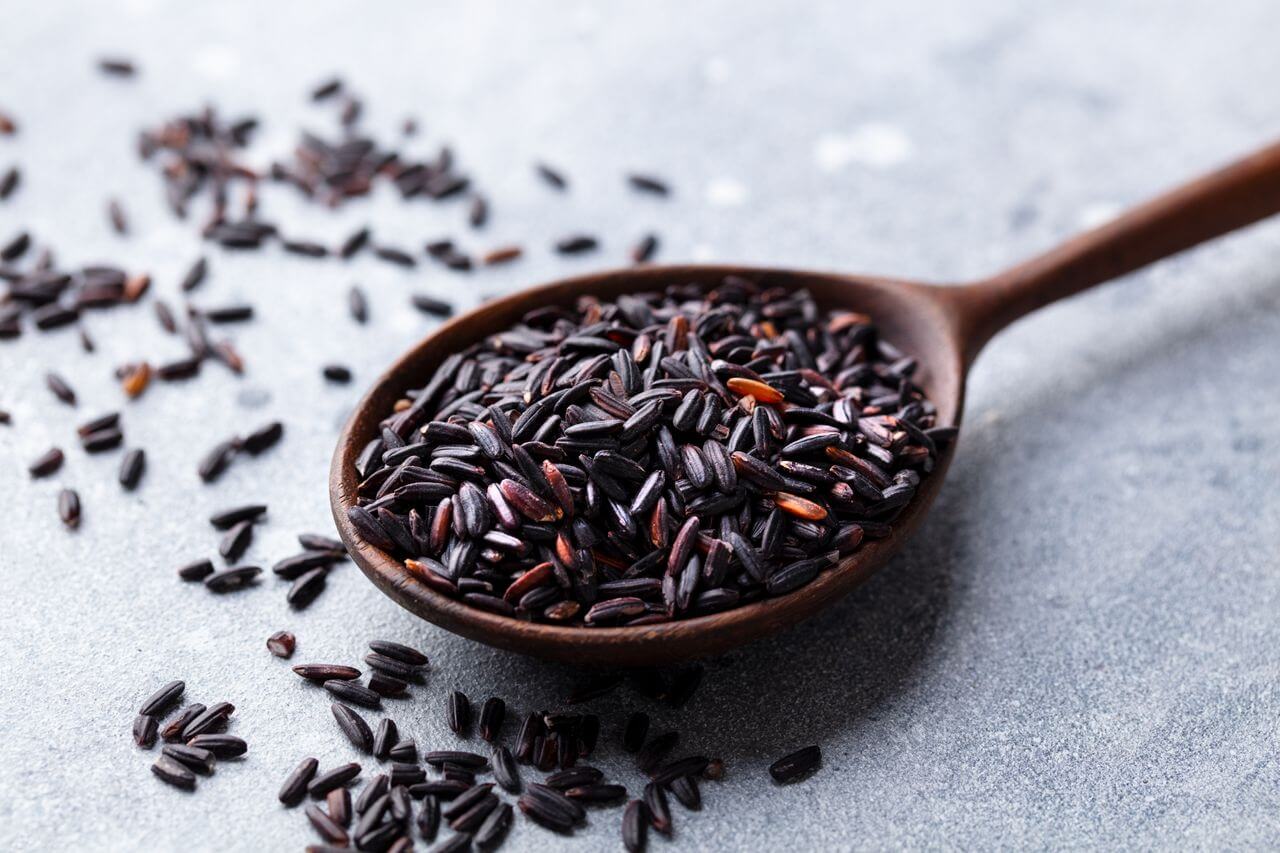


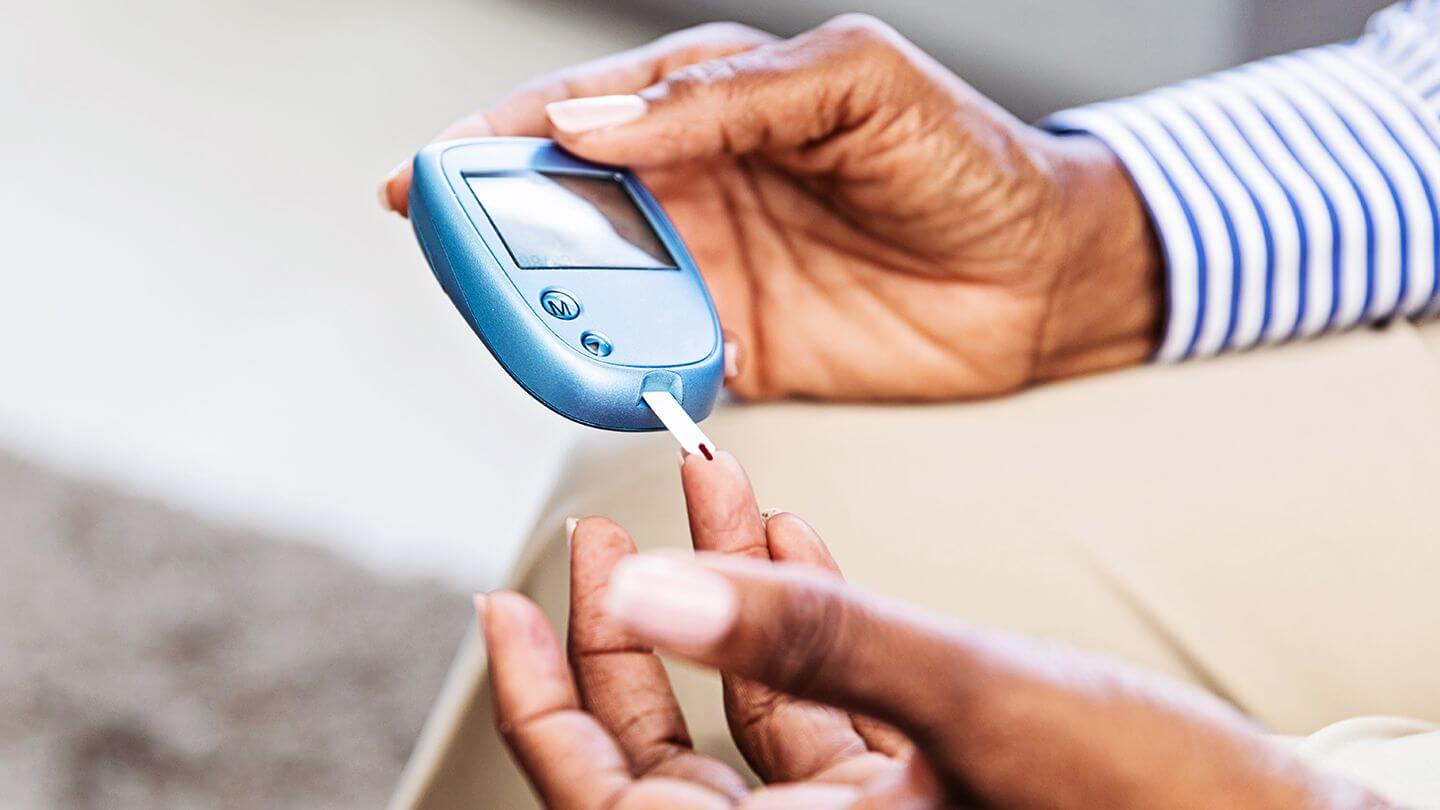

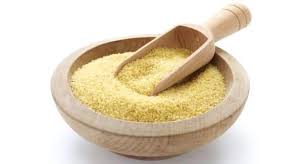
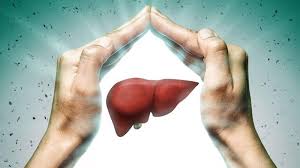
.jpg)
.jpg)
.jpg)
.jpg)
.jpg)
.jpg)
.jpg)
.jpg)
.jpg)
.jpg)
.jpg)
.jpg)
















